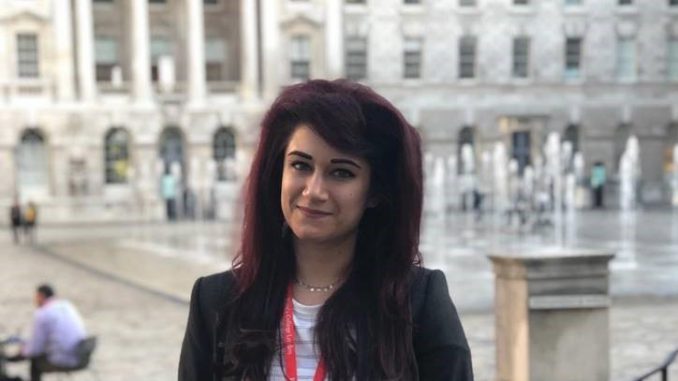
In September this year, I worked in collaboration with the Social Science and Urban Public Health Institute (SUPHI) at King’s College London undertaking a series of informal consultations with members of the public across three south London boroughs to better understand their priorities for public health research. This work helped to inform the research agenda of the public health and multimorbidities theme in the new Applied Research Collaboration South London. An initial consultation took place at the SUPHI launch in April 2018 and it was decided to widen the number of people involved. So a range of ages were invited to attend the workshop (from aged 11+ to over 65s) and backgrounds (socioeconomical, ethnic, gender) in the boroughs of Lambeth, Lewisham and Southwark.
I obtained my MA in Bioethics and Society (2017) from King’s College London, and so I approached this project as a bioethicist dressed in a public health researcher’s clothing. Aside from acquiring a host of new research skills, this project allowed me to continue my interest in researching how people understand health issues from a new vantage point, which gave way to some surprising observations.
It soon became evident that the age of the people framed the issues that were discussed. However, every age group expressed concern about better care for vulnerable people. Younger participants discussed this within the context of poorly designed safeguarding guidelines, explaining that they presently do not feel comfortable confiding in teachers or school counsellors about personal issues, fearing the matter will too quickly be escalated. They argued that the current counselling and wellbeing services need improving. Older participants framed this within the context of a need for support groups for those with chronic diseases, and some form of neighbourhood monitoring system and support for those experiencing loneliness.
Other topics that were discussed included:
- Funding cuts to the NHS, and how they have personally affected some of the participants
- A need for better neighbourhood hygiene and sanitation, with a call for the banning of plastic bottles and for people to take more responsibility over their own waste.
- The increasing levels of obesity, with every group wanting better education about how to live and eat well, in addition to a need for more accessible fitness equipment in neighbourhoods (some of the young people suggested making gyms free for students to encourage exercise at a young age).
- The current crime rate, with some stating that they do not always feel comfortable leaving their homes given the increased incidences of knife crime.
An interesting finding was the differing views of what is ‘public health’. You will have noticed that the topics listed above were rooted very much in personal experience; it can be difficult to think about ‘the public’ as a whole. All the groups uncovered the challenge of how to define ‘public health’ to and by a public audience. Some groups assumed public health to mean health services more broadly (in many cases specifically the NHS), while others identified public health as more specific public health concerns, such as child obesity.
Public health is something that everyone has experience of, and so considers themselves to be an expert, but ‘public health’ as a specialised discipline is also about deep societal issues such as inequalities, or broader determinants, which can be harder to get to grips with. When preparing for this project I quickly understood that deliberation about public health as a discipline is not the same in theory as it is in practice. To cite an example, the first group I consulted mentioned an experience with some unspecified researchers, in which they decided to prematurely terminate engagement after getting the impression that repeated deliberation wasn’t benefiting both parties.
It uncovered a need for clear communication about motivations and expected outputs for this project, to ensure that despite a lack of immediate benefits to their community, valuable data is being gathered and that the public’s time is not being wasted. It served as a reminder that engaging with individuals about issues at a population level is difficult, thereby making the task of establishing trust and sustainable relationships with the public even more challenging as a researcher in public health. This means that moving forward communication about public health will need to be very specific and targeted. The team at SUPHI and the new Public health and multimorbidity theme have begun thinking about next steps in the ARC programme and hope to develop more appropriate knowledge exchange methods to enable more effective communication relating to wider upstream determinants of health.

Leave a Reply